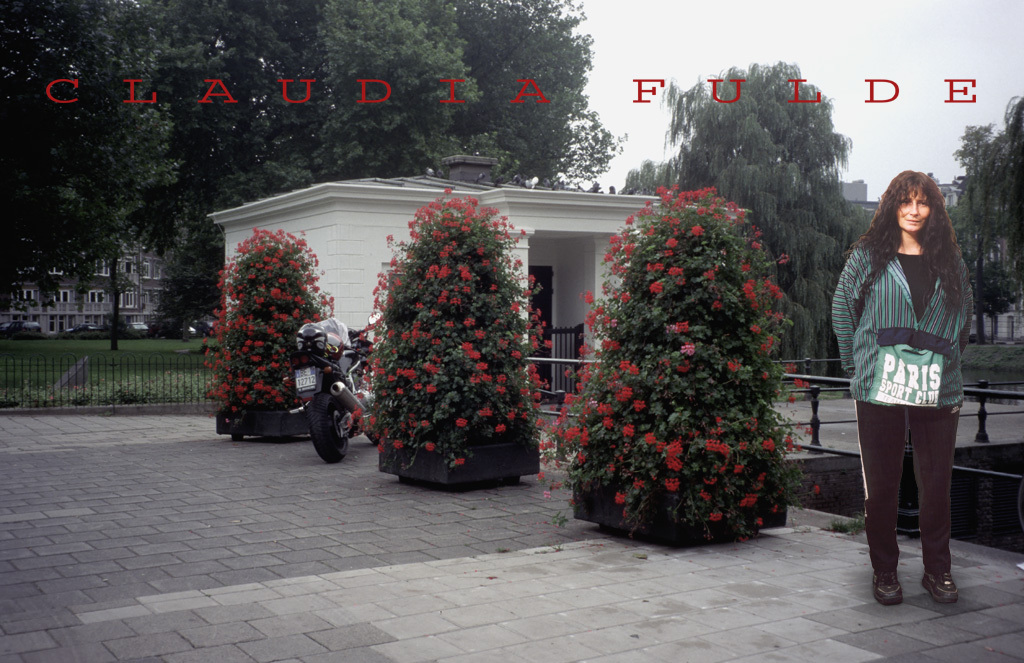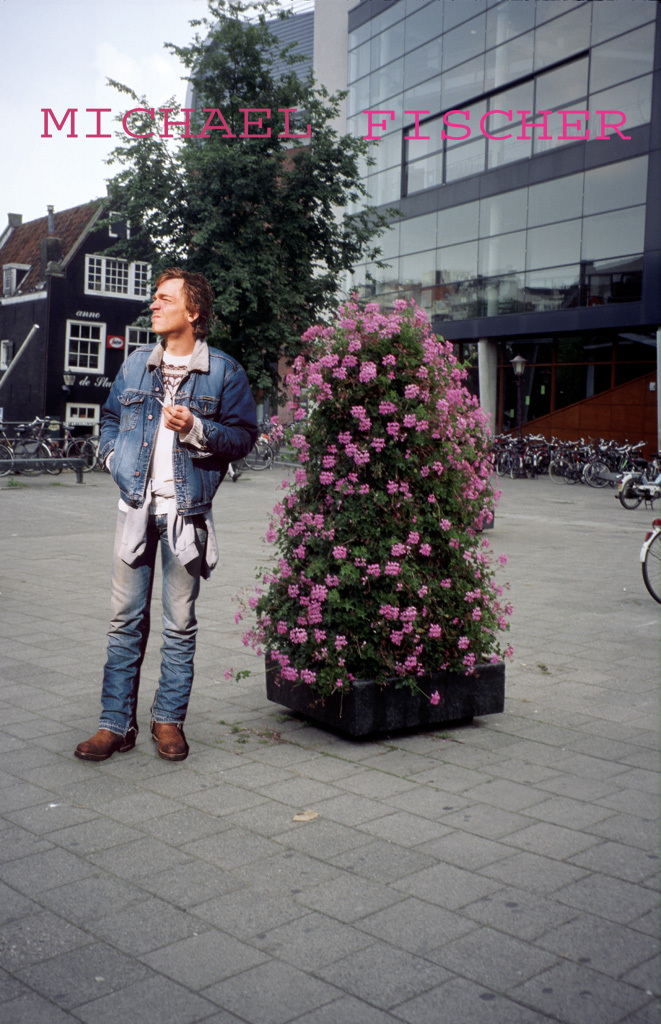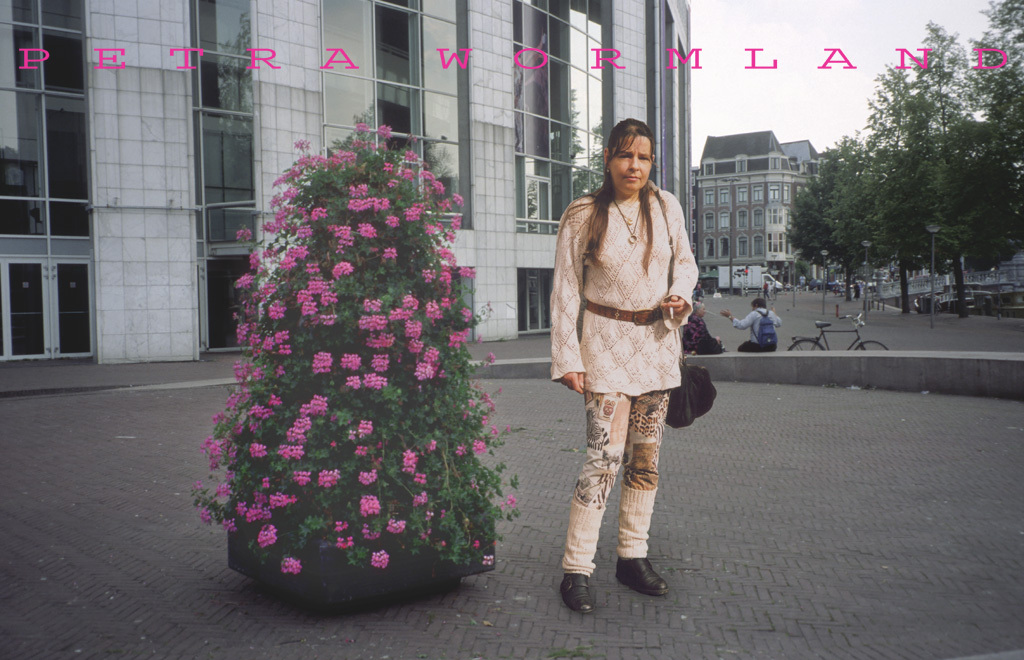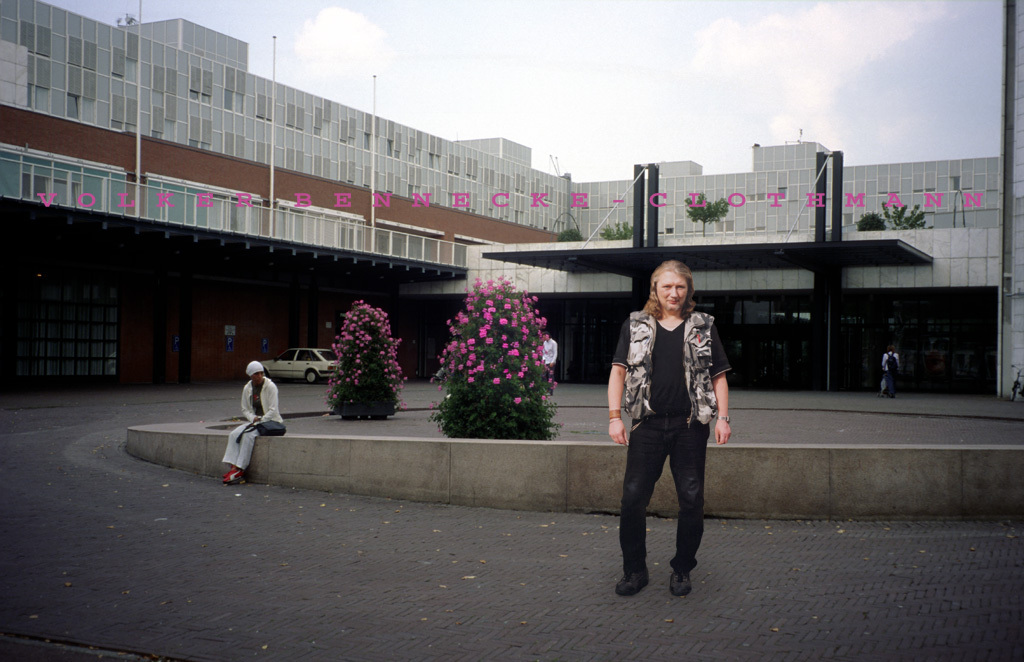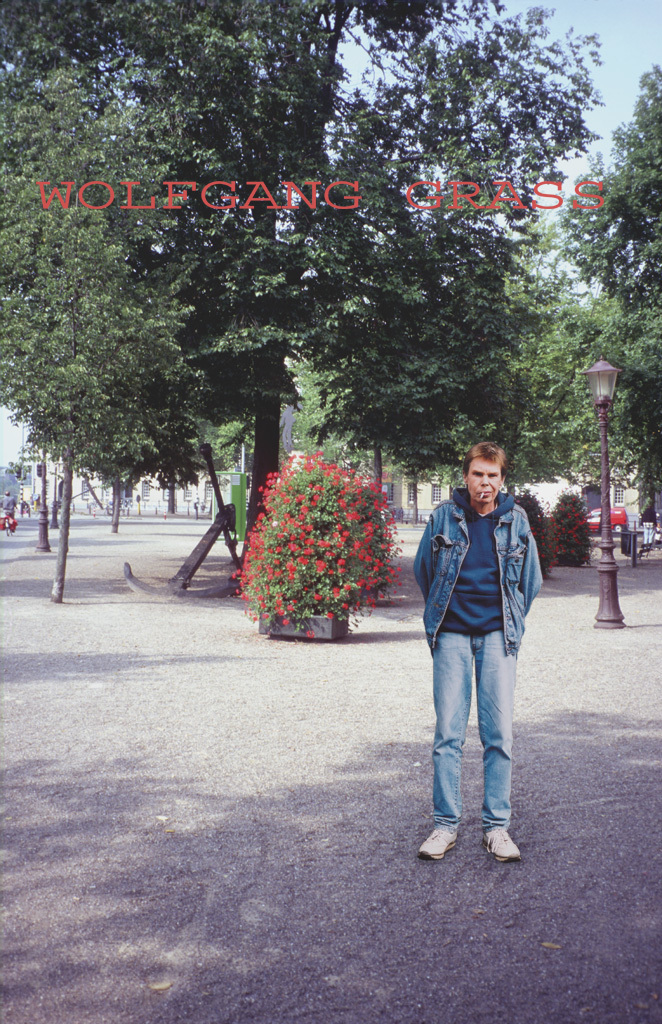Happy Together
The series Happy Together shows a person next to a flower box in various public places in Amsterdam.
The contradiction arises from the combination of motifs. The people portrayed do not interact with the locations in question. They are outsiders, drug addicts, junkies, people on the margins of society. The flower boxes filled with geraniums are the epitome of bourgeois respectability and an everyday sight in many European cities.
